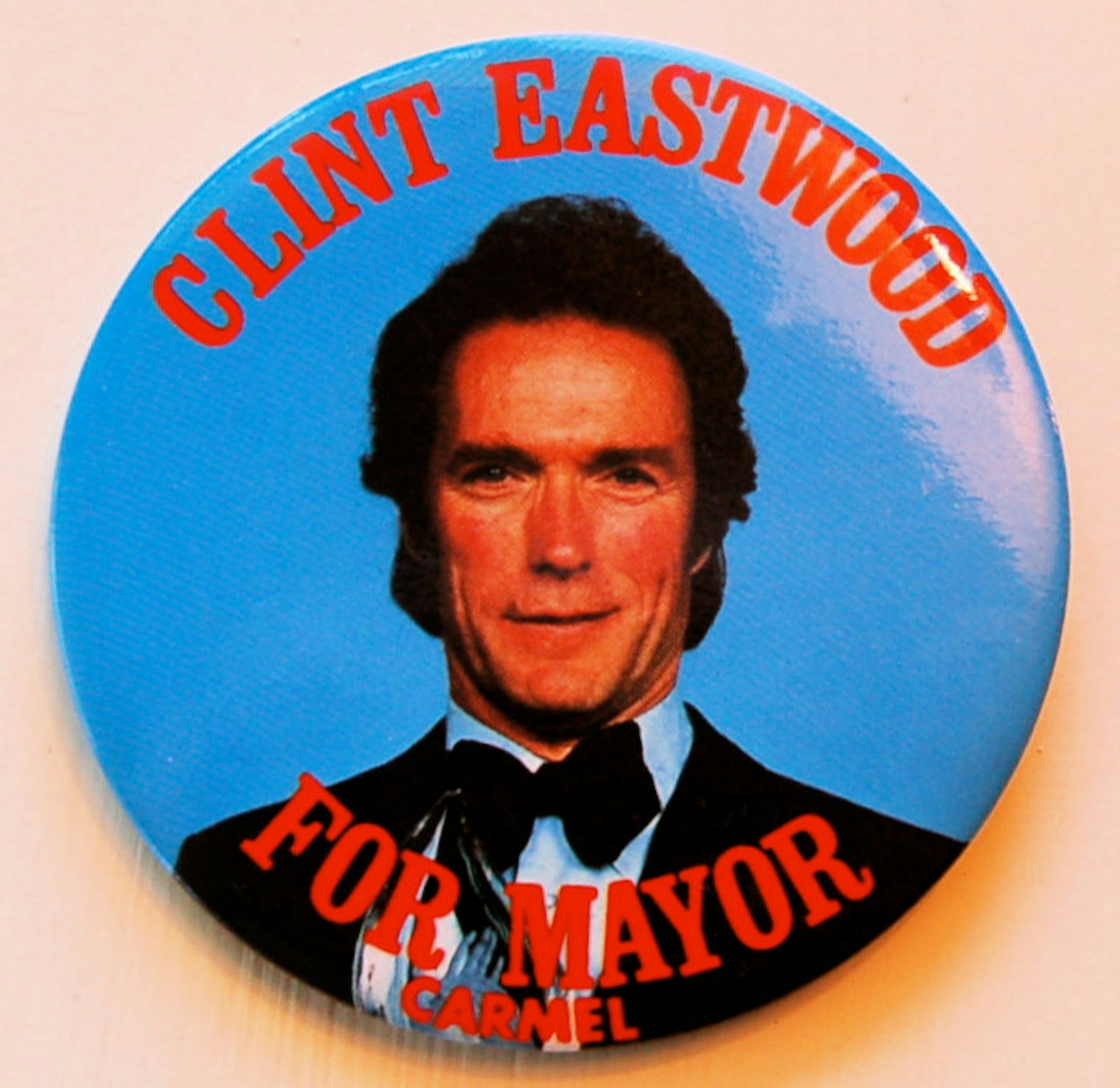
Run This Town: pop icons and political dreams
- Text by Alex Robert Ross
Politics and pop culture have a tangled history. During just about every US election cycle, a presidential candidate will use a song by a musician whose views run contrary to those of the politician. The artist responds with an open letter or a cease-and-desist, major news outlets run with it, and the politician (after a little hopeless self-defense) backs down.
And, of course, there are the countless instances of cultural icons openly backing candidates, turning up at rallies or fundraisers, even wrangling the party line into their work. If politicians are to win hearts and minds, they know to hit us through our screens and headphones.
But every once in a while, someone breaks from that path, not content to simply campaign, instead intent on taking matters into their own hands. This morning, news broke that rapper and man-unable-to-spell-the-word-sober Cheef Keef would run for Mayor of Chicago, citing the current office’s desire to shut down a recent anti-violence hologram performance as the final straw.
Cheef Keef is unlikely to win his election, America typically having a less liberal policy towards drug taking in office than their neighbours to the north (we’re looking you square in your crazy, crack-riddled eyes, Rob Ford). But history reveals a long line of cultural figures crossing the void into politics on both sides of the political spectrum with varying degrees of success.
Clint Eastwood
An ill-conceived rant to an empty chair at the Republican National Convention in 2012 pretty much destroyed Clint Eastwood’s political standing. It’s a shame, too, because he has typically been an entertaining (though not always agreeable) voice in US politics, declaring himself a libertarian and describing his ideology as a mix of Milton Friedman and Noam Chomsky. He won the race to be mayor of the artist colony and Californian pseudo-paradise of Carmel in 1986 by a landslide and says a number of politicians asked him to run for state office. Would he have considered it? “Not a chance,” he told The Guardian, hopefully with an unfiltered cigarette dangling from his lips. “You just have to lose your soul. You have to BS people… You have to kiss it up with the world. That ain’t my style.”
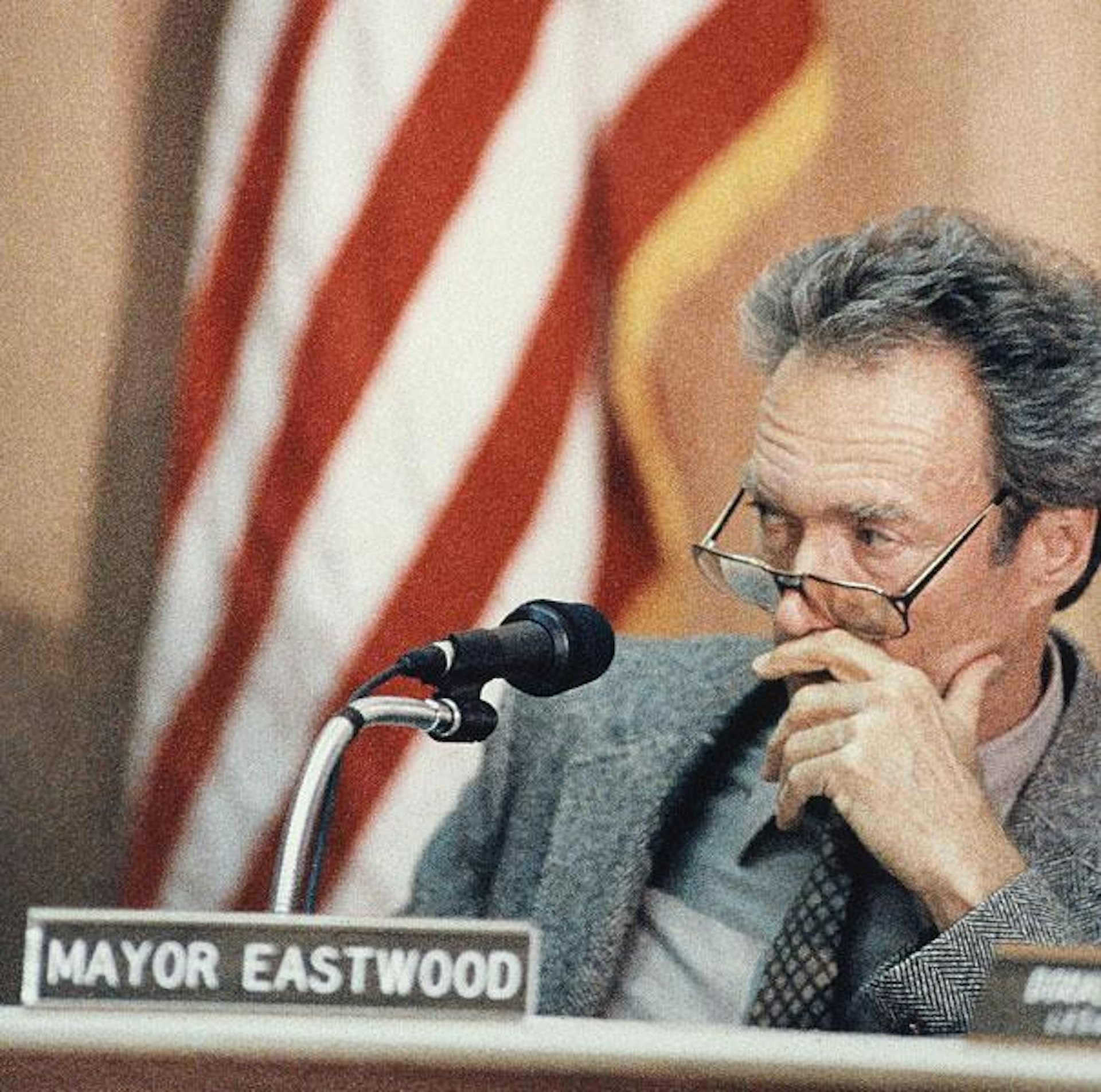
Hunter S. Thompson
If you say enough crazy shit out loud, you’ll have to run for office eventually. Fear and Loathing on the Campaign Trail – Hunter Thompson’s thoroughly batshit account of the 1972 Democratic primaries – marked his first real foray into political journalism, but the foundations were laid by courting the ‘freak vote’ in Aspen, Colorado in the preceding months. After managing his outlaw biker acquaintance Joe Edwards’ campaign for Mayor in 1970, Thompson saw the potential for a coalition of freaks in the US and the potential it might have to push oddball candidates into power. After Edwards’ narrow defeat, Thompson struck out on his own, running for sheriff in 1971. Buried beneath his manifesto’s patented insanity lies a line that hasn’t lost its edge: “The Sheriff and his Deputies should never be armed in public. Every urban riot, shoot-out and blood-bath (involving guns) in recent memory has been set off by some trigger-happy cop in a fear frenzy.”
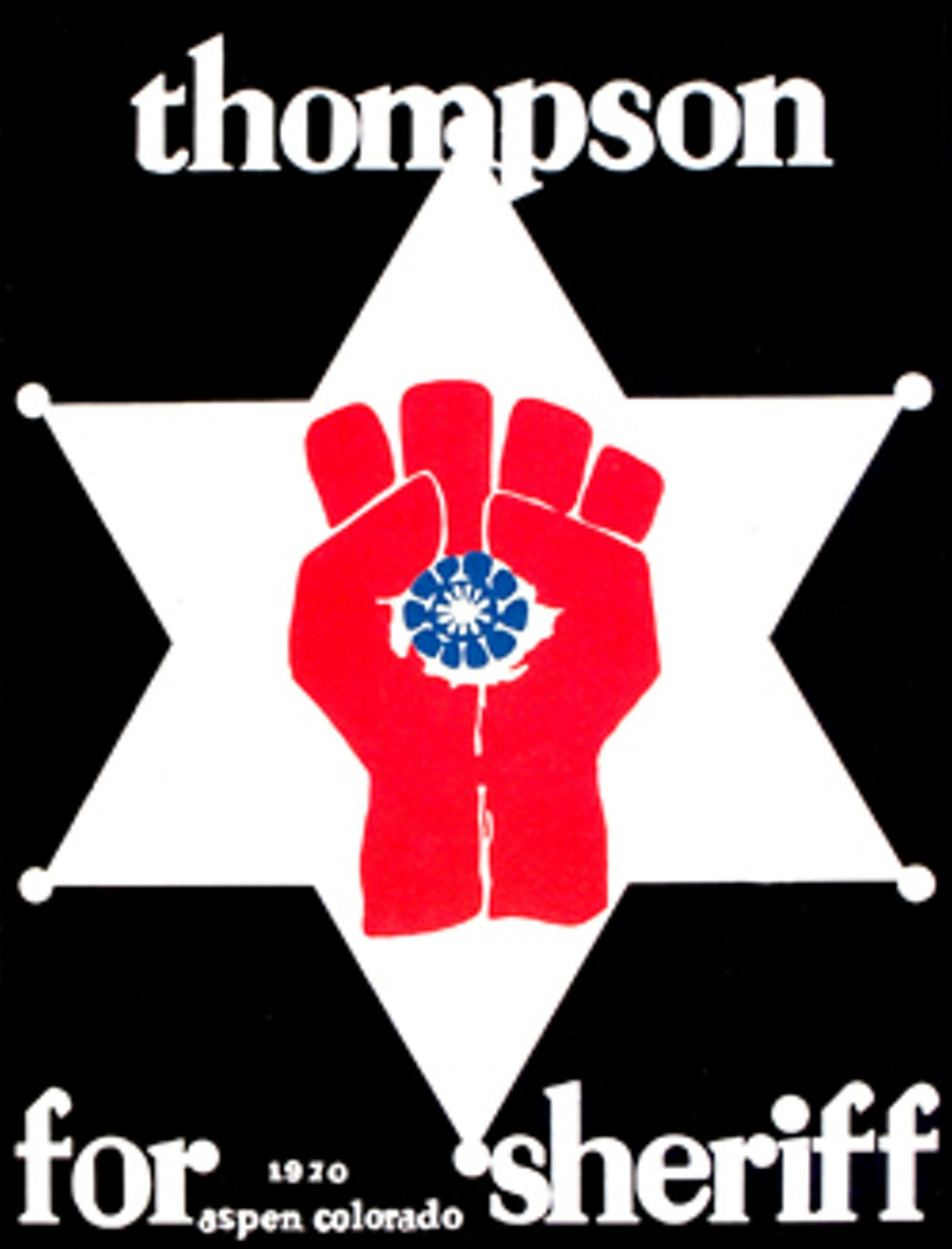
Eddie Izzard
Splitting comedy and politics isn’t all that easy. Even away from the naturally political American tradition of Lenny Bruce and George Carlin, the comedian’s role in critiquing culture must, at some point, cross over with the politician’s role in shaping it. After coming out as transgender thirty years ago, Izzard experienced a barrage of abuse, something that he says has only begun to abate recently. That vitriol has helped him to develop a thick skin, though, a virtue that he’s convinced will help him when he runs for Mayor of London in 2020.
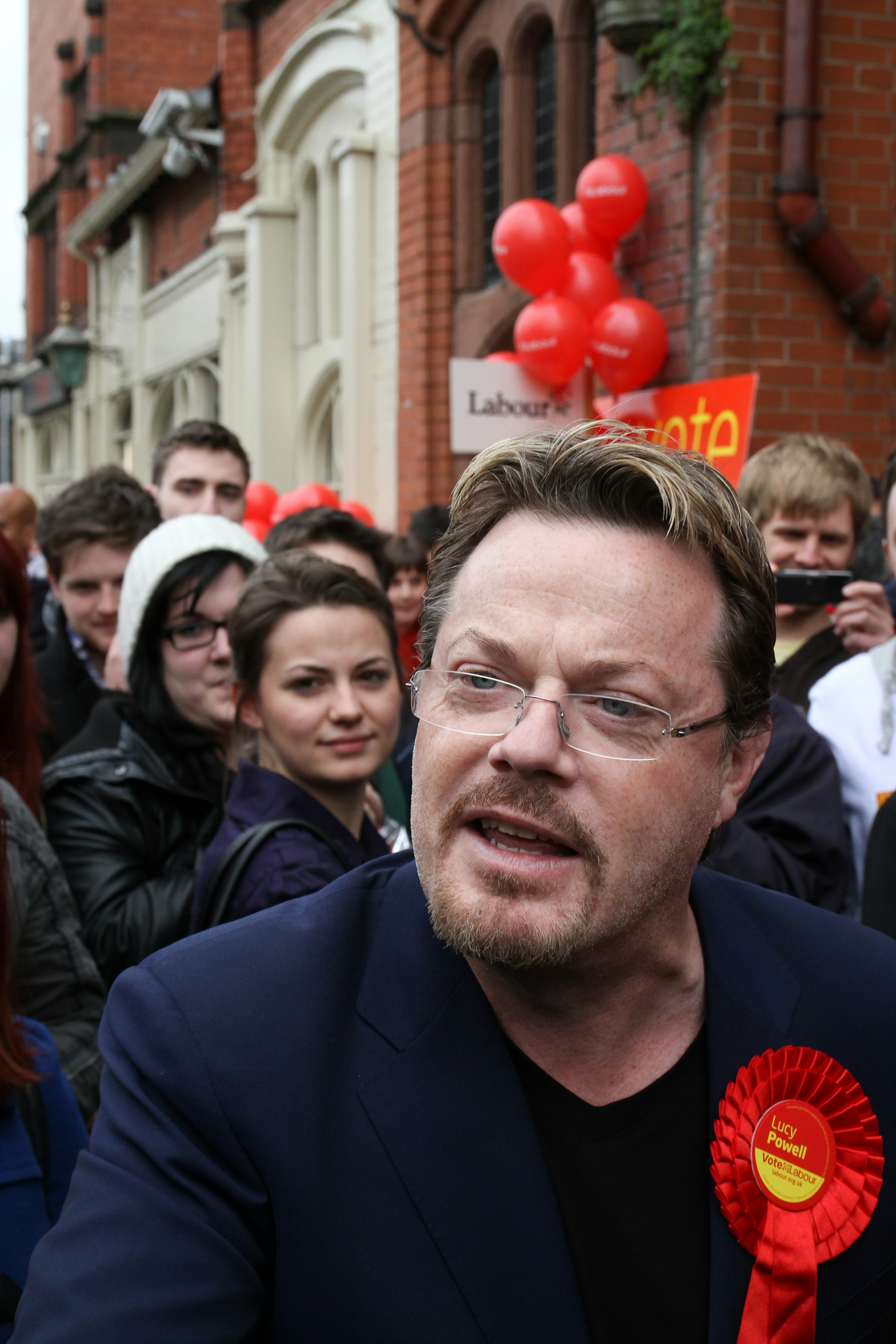
Malcolm McLaren
Speaking of potential London Mayors, this actually happened. Well, it nearly began to happen. The story goes that legendary industry ever-present Alan McGee persuaded the Sex Pistols manager and punk icon to run for mayor in 1999, under the assumption that Ken Livingston would not stand. McLaren’s Manifesto is worth a read in full, but point #11 is a particularly brilliant concept: “Legalise brothels opposite the Houses of Parliament: This will help get rid of sleaze scandals in the government and allow us to focus on the real bullshit that the elite produces.” It all seems on the face of it to be as outlandish as a Hunter Thompson for Sheriff campaign. But fifteen years on, McLaren’s thoughts about online freedom, licensing laws and even car tax are eerily on point.
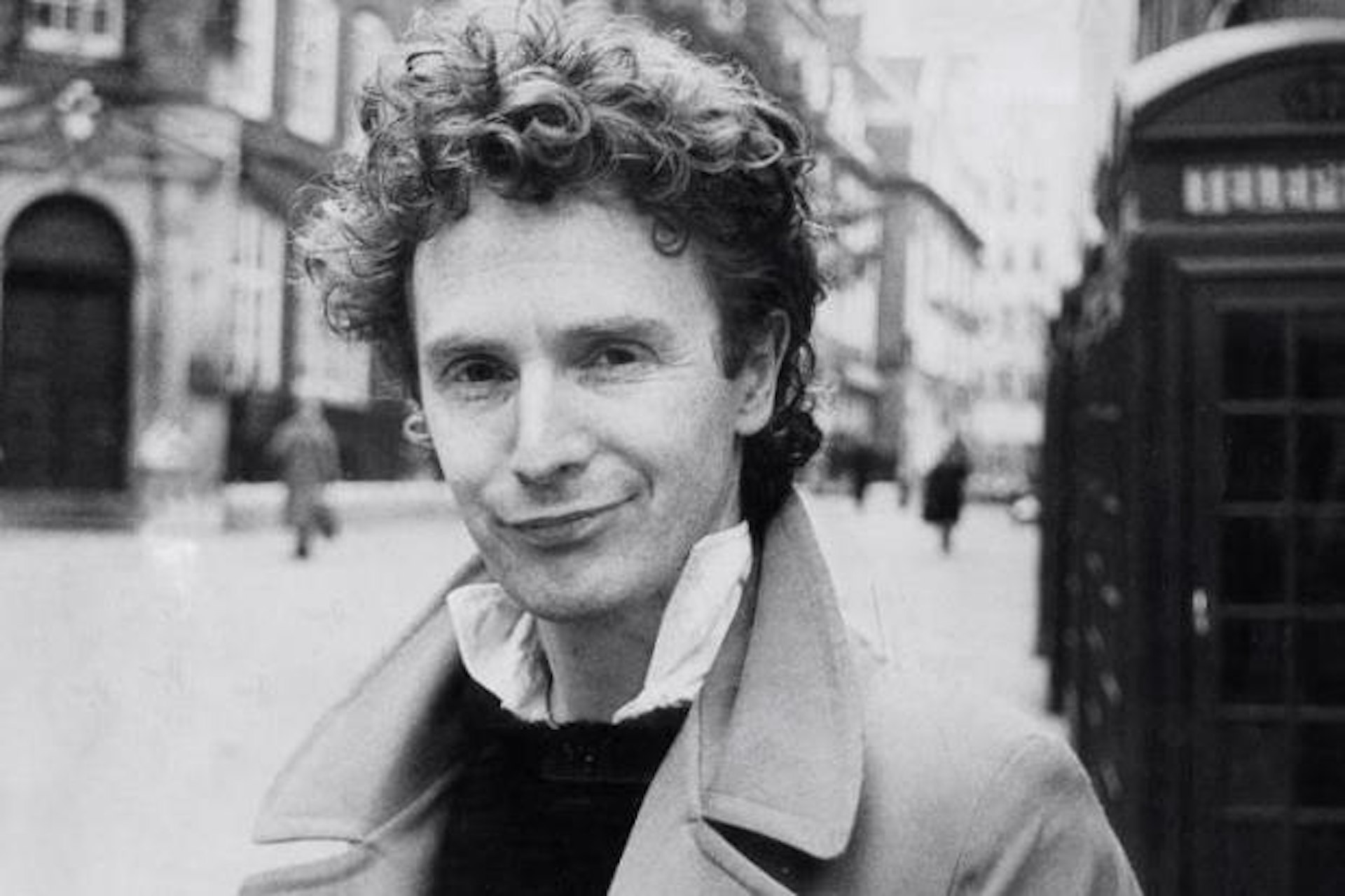
Fred Hemmings
Far from the stereotypical countercultural 1960s surfer, Fred Hemmings was an outspoken critic of what he perceived to be a misuse of drugs in the sport, taking a different path to that of his peers. That’s about the right background for a Republican State Senator, as Hemmings was between 2002 and 2010. He was, though, the World Surfing Champion in 1968 before retiring to become a pioneer in marketing the sport. He founded the Pro-Am Championships, created the Pipeline Masters and founded the International Professional Surfers organisation to bring together a bona fide world circuit for the first time. All of that provides Huck HQ with an excellent excuse to share a video of the World Surfing Championships in Peru from 1965.
Jesse Ventura
Sure, Arnold Schwarzenegger’s election as Governor of California looked strange. “He’s an actor,” we all screamed, “a big-budget, action-movie actor who used to be a bodybuilder.” Well, as it happens, California’s got nothing on the people of Minnesota who, in 1998, took the radical step of electing an independent candidate, beating (almost literally) Republican candidate Norm Coleman and former vice president’s grandson Hubert H. Humphrey III. That man was former pro wrestler Jesse Ventura, a loud man with an eye for conspiracies. In the great American tradition of expressing oneself through bumper stickers, many Minnesotans proudly displayed the slogan “My governor can beat up your governor” on what we assume were large automobiles. Sadly, he chose not to stand for a second term, meaning that Arnie wasn’t directly challenged to any such battle royal.
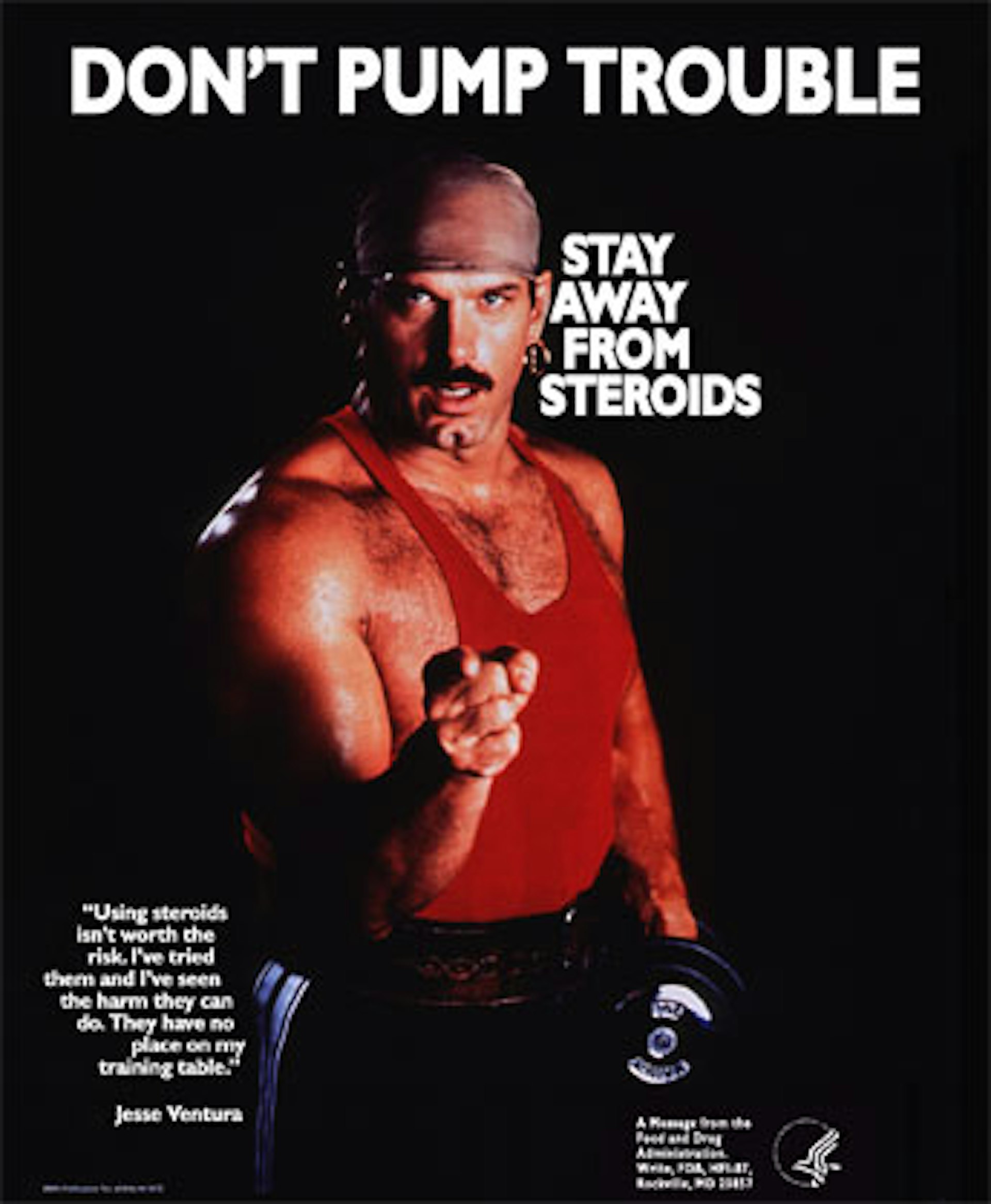
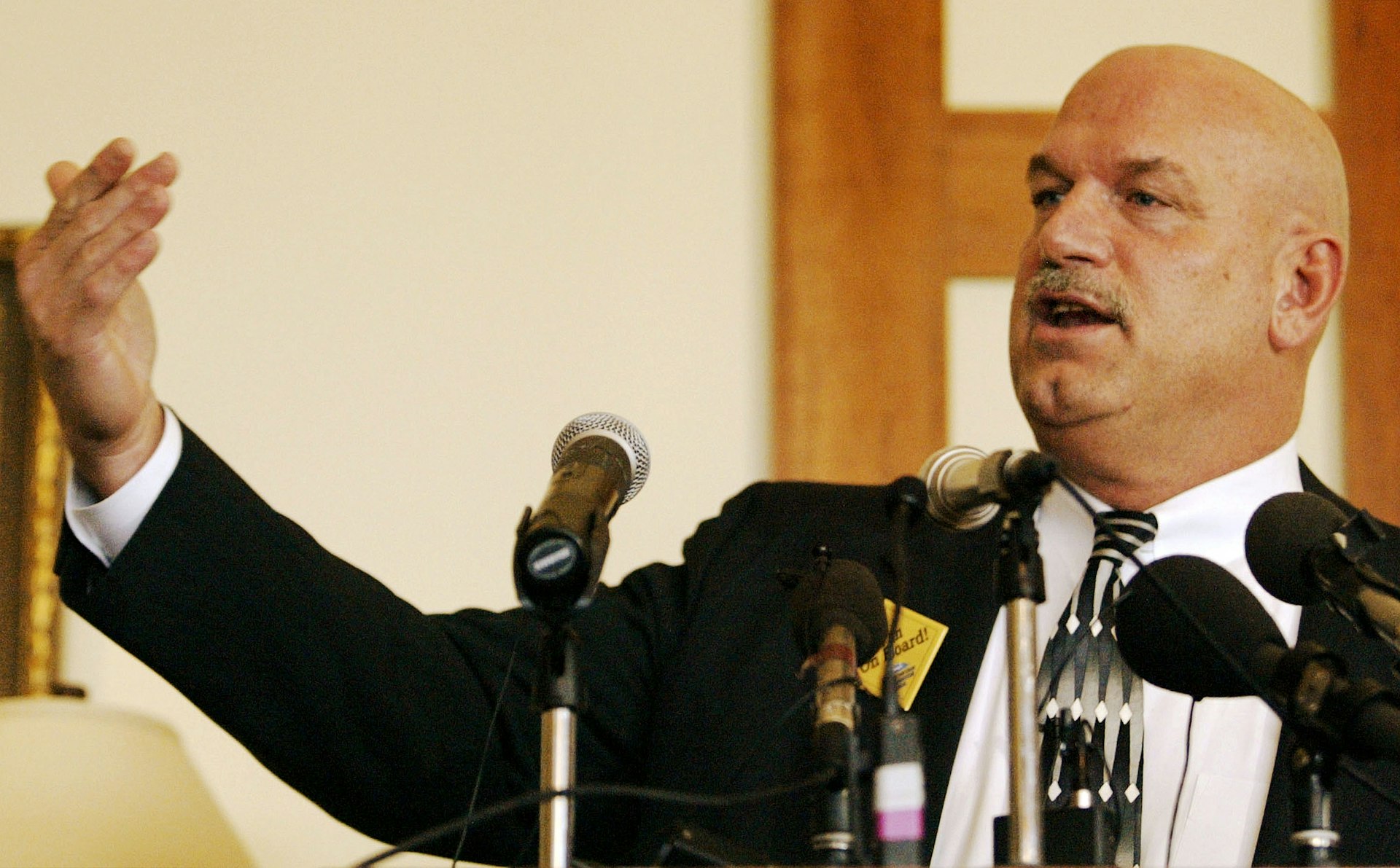
Wyclef Jean
It’s tough to know where to start with Wyclef Jean’s political machinations. One could start with his admiration for right-wing tea partier Sarah Palin. Why did Jean admire her? “She’s rad. She’s shrewd. She’s cool,” he said, seemingly unaware of the fact that none of that is in any way true. But he continued: “This is the United States of America. This is what America’s really about. Anyone should have the right to say, ‘Look, I can do the job, and this is what qualifies me to do the job.’” That’s right, like so many on the far right, Jean managed to confuse first amendment rights with bravery. The ability to form words isn’t in itself a virtue, Wyclef.
Given his admiration for Palin, it’s probably for the best that Jean’s run for president of Haiti in 2010 ended before it really got going. He wasn’t eligible for a start, failing to pass the basic residency rules for presidency, and he was unable to speak either French or Creole, which would make it tough to run a country where the two principal languages are French and Creole. Oh, and Haiti was still desperately trying to recover from the earthquake that had devastated its infrastructure and social fabric, making Jean’s minimal CV a danger rather than a charm. The man may well have had the country’s best interests at heart, but as Huck’s friend Win Butler put it, a Wyclef Jean presidency would have been “like Arnold Schwarzenegger only speaking Austrian German and being elected president of the United States after New York City and LA had burned to the ground.”
Joey “Shithead” Keithley
Joey “Shithead” Keithley, on the other hand, is a man entirely of his time and place. As the frontman and founding member of hardcore gods D.O.A., he toured relentlessly for 35 years, playing shows for anti-poverty charities, pro-environment groups, and anti-censorship organisations. Eventually, then Mayor of Vancouver Larry Campbell decided to declare December 21 ‘D.O.A. Day’. (Again, Rob Ford, we’re looking right at you, you glorious villain. You can’t just say Feb 6 is ‘Bob Marley Day’ in honour of his 69th birthday. Look at Vancouver; they’re much more sensible.)
Shithead called time on D.O.A. in 2013 to focus on his political career, seeking the nomination for the progressive New Democratic Party in British Columbia. He missed out by a handful of votes, but it did nothing to tarnish his sparkling reputation in the region. Here’s to Vancouver, then, a city where hardcore frontmen called ‘Shithead’ can knock on doors and be recognized by roughly 3 in 10 people:
Fela Kuti
There’s no space here to go into all the things that made Fela Kuti one of the most captivating, inventive musicians of the 20th Century, no time to talk about the genius that spawned his creation of Afrobeat or the long, brilliant legacy that has had.
But Kuti’s politics and music were a part of the same ideal, an assertion of Afrocentric ideals and a disdain for the arrogance and destructive power of Empire (“At first it’s quite nice having new faces around,” he said of colonialism. “But then you start noticing things going missin’. Ashtrays. Towels … Petroleum. Diamonds. People! And what do they leave in return? Gonorrhea and Jesus.) His Yabi Sessions, “consciousness-raising word-sound rituals” that provided a broad and occasionaly stinging criticism of society, eventually led to the creation of his own political party, The Movement of the People, and his ultimately unsuccessful bid to become president of Nigeria in 1979. It would be wrong to gloss over the misogyny that remained in Kuti’s politics, but his Black Nationalist, human rights-driven ideology was as radical and fascinating as his music.
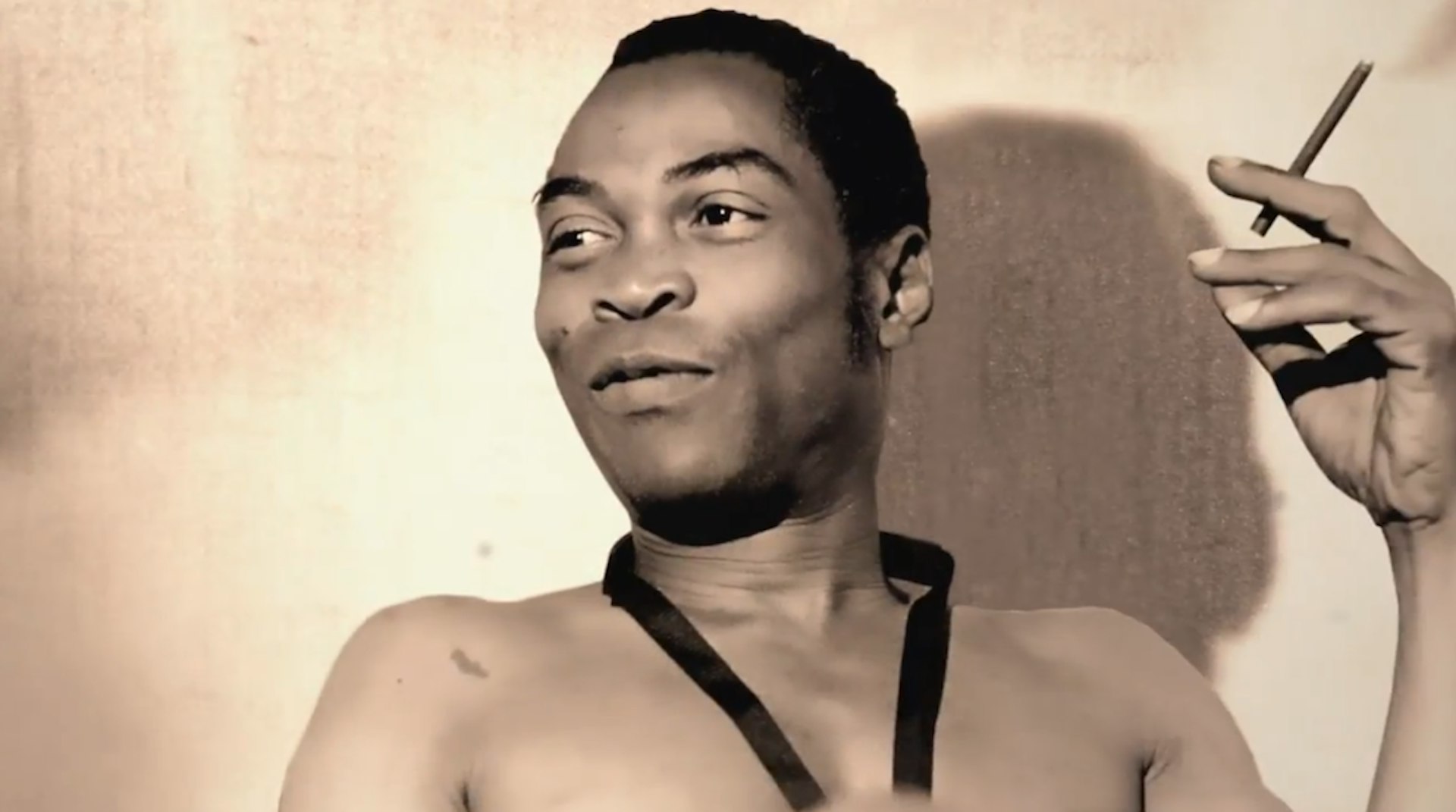
Enjoyed this article? Like Huck on Facebook or follow us on Twitter.
